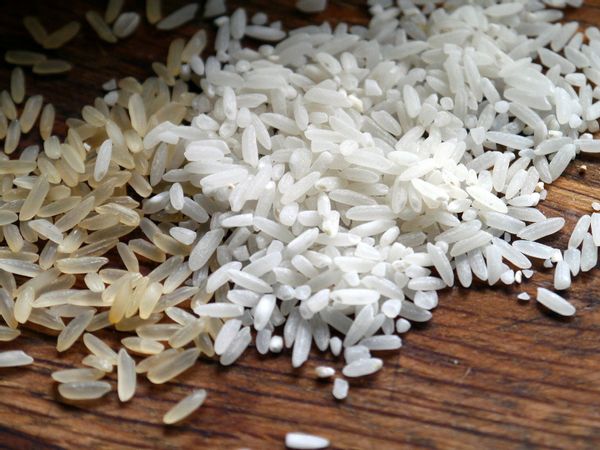Home Articles Brown rice vs white rice: Which one is better for weight loss?
KEY STORY
Be it through a bowl of hot rajma chawal or through a spicy plate of chicken biryani, rice has been an integral part of every Indian’s diet. Rice is a staple food in parts of India and preparation of several dishes include rice as its main ingredient. This makes it difficult to refrain from rice consumption. The major reason behind people’s scepticism in rice consumption is weight gain. While both are a part of people’s diets across the globe and can offer health benefits, here is what you should know before picking a type.
White rice vs brown rice
Both white and brown rice is a source of carbohydrates. The main difference between brown and white rice is that brown rice is whole grain and white rice is refined. Due to the presence of germ and bran in brown rice, the nutrition value of the same is increased significantly as compared to white rice. Here is how white and brown rice differ from each other:
-
The fibre content in brown rice is higher than white rice.
-
Brown rice has a higher content of magnesium which is an essential nutrient helpful in managing the blood sugar levels in the body.
-
In comparison to white rice, brown rice has higher levels of phosphorus, iron, antioxidants, and vitamins. However, brown rice also contains a higher level of arsenic than white rice. Arsenic is a toxic metal and excessive consumption of the same can lead to the development of chronic health conditions.
White rice vs brown rice for weight loss
When working on a weight loss plan, one must be considerate about calorie consumption. When talking in terms of calories, brown rice contains lesser calories than white rice. Furthermore, brown rice has more fibre content than white rice. Foods that have high fibre content can help improve metabolism and the digestive system, thereby aiding weight loss. In conclusion, brown rice is a better option when dealing with weight management.
Disclaimer: Tips and suggestions mentioned in the article are for general information purpose only and should not be construed as professional medical advice. Always consult your doctor or a dietician before starting any fitness programme or making any changes to your diet.














